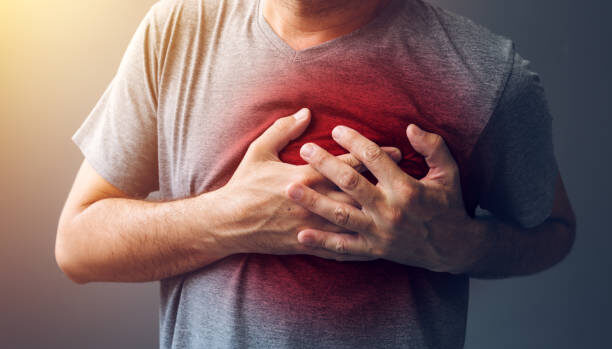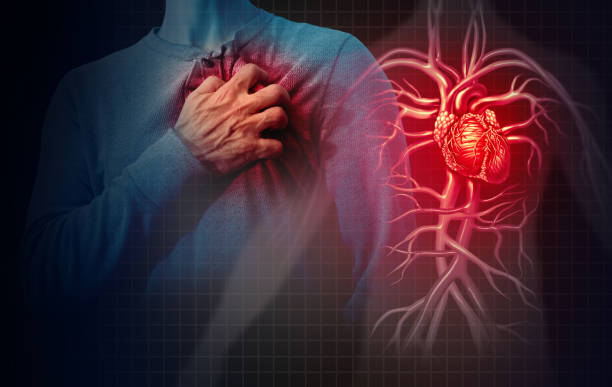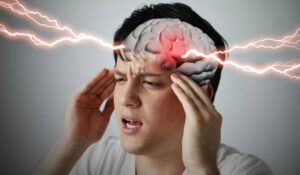Silent Heart Attacks: The Hidden Danger You Can’t Afford to Ignore

Imagine having a heart attack — and not even knowing it happened. Sounds impossible, right? Unfortunately, this is the reality for thousands of people every year who experience what doctors call a silent heart attack. Unlike the dramatic scenes we see in movies, a silent heart attack doesn’t come with intense chest pain or immediate collapse. Instead, it whispers — and one of its earliest whispers is something many of us ignore: unexplained fatigue.

The Quiet Danger
A silent heart attack (or silent myocardial infarction) occurs when the blood flow to a part of the heart muscle is blocked, just like a typical heart attack. But here’s the difference — the symptoms are so subtle or unusual that they often go unnoticed. There’s no loud alarm. No emergency drama. Just faint signals that something is off. The most common? A deep, lingering tiredness that doesn’t go away with rest.
This isn’t the kind of fatigue you feel after a long day at work or missing a few hours of sleep. It’s a constant, draining exhaustion that makes even everyday tasks feel overwhelming. You may find yourself short of breath walking short distances or waking up tired despite a full night’s sleep. Some people describe it as feeling “off” for no clear reason — and that’s what makes it so dangerous.

Why Fatigue Matters
Doctors say that fatigue is often the body’s first cry for help when the heart isn’t getting enough oxygen. This symptom can show up days or even weeks before a silent heart attack strikes. And the truth is, many brush it off, attributing it to stress, age, or just a busy lifestyle. But ignoring it can be a deadly mistake.
What’s even more concerning is that this early sign is especially common in women, older adults, and people with diabetes — groups that are already at higher risk of having atypical heart attack symptoms. For these individuals, the classic crushing chest pain may never appear.
The Silent Impact
Since silent heart attacks don’t always trigger immediate hospital visits, they’re often discovered later during routine check-ups, ECGs, or blood tests. By then, the damage may already be done. Over time, untreated heart damage can lead to heart failure, dangerous arrhythmias, or even sudden cardiac death. That’s why early detection is critical.

Other Warning Signs to Watch For
Alongside fatigue, silent heart attacks may bring subtle symptoms like:
Mild discomfort in the chest, back, or arms
Nausea or lightheadedness
Cold sweats
Feeling anxious or unusually uneasy
Difficulty sleeping
If you experience any of these — especially if you’re at high risk — don’t wait. Trust your instincts and see a doctor immediately.
Prevention Starts with Awareness
The best defense against a silent heart attack is awareness and prevention. Get regular check-ups, monitor your blood pressure and cholesterol, and adopt a heart-healthy lifestyle that includes exercise, a balanced diet, stress management, and quitting smoking. And above all, listen to your body. Fatigue isn’t always harmless — sometimes, it’s a warning.
Final Thoughts
A silent heart attack is not silent because it causes no harm — it’s silent because it hides behind symptoms we often overlook. But doctors are now urging everyone to take unusual fatigue seriously. It could be the only clue your heart gives before something more serious occurs. So if you’ve been feeling unusually tired for no clear reason, don’t dismiss it. Your heart might be trying to tell you something — and listening could save your life.





